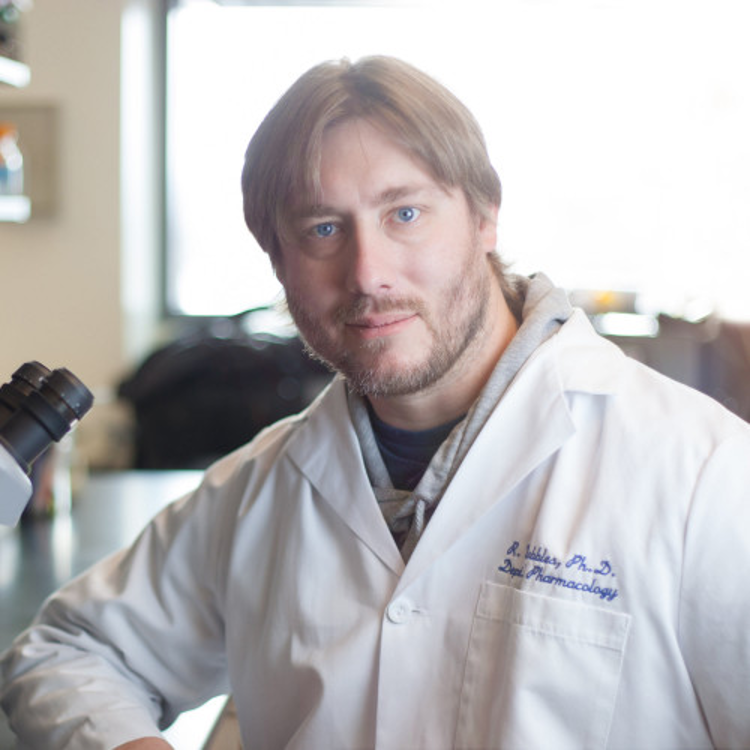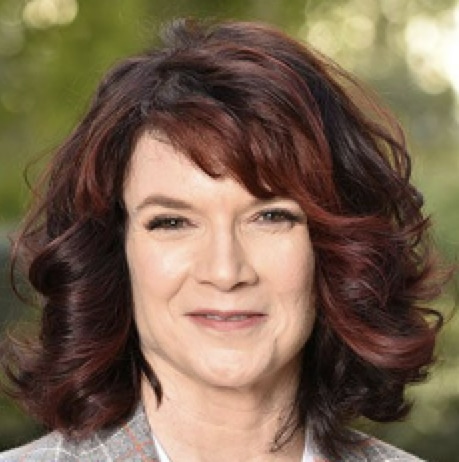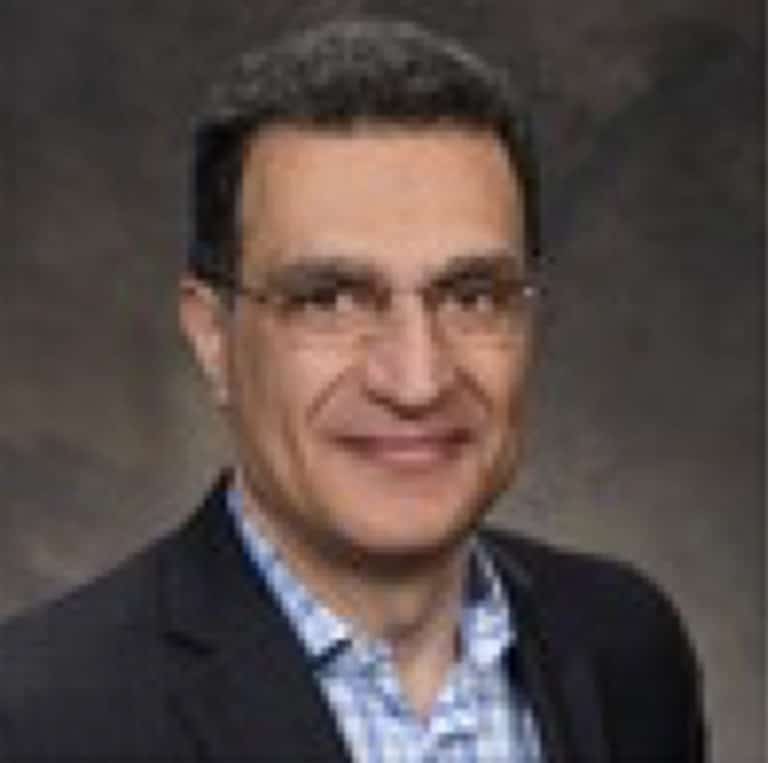Meet Our Team
Sarcomatrix is a preclinical stage-rare disease pharmaceuticals company co-founded in 2013 by the Dean Burkin Lab at the University of Nevada, Reno, and biotech industry veterans. We’re led by a close-knit team of industry experts who have more than 130 years of collective experience developing and commercializing more than 20 medicines.
Our entire team of leaders, employees, and advisors is passionately focused on discovering and developing first-in-class therapies using novel patented scientific platforms in muscular wasting diseases.
Core Team
Clinical and Business Leadership Team
Our Clinical and Business Leadership Team is ready and in place but we’re using only their initials below for confidentiality until funding is secured.
-
David Craig, MBA
CEO and President -
Ryan Wuebbles, Ph.D.,
Chief Science Officer -
David Maine, BS,
Chief of Staff, Business Operations

CEO and President
David Craig is a pharmaceutical executive with more than 30 years of experience leading and scaling organizations to commercial success. Mr. Craig has been a member of, and led, teams responsible for the commercialization of blockbuster #1-in-market, or first-in-class, novel medicines including EPOGEN (erythropoietin alfa), NEUPOGEN (filgrastim), HEPSERA (adefovir dipivoxil) and ANDEXXA (andexanet afla). He has held leadership roles at Amgen, Sequus, Gilead Sciences, AcelRx, Portola, and the UNR Licensing Office. Mr. Craig earned a BS in Pharmacy from South Dakota State University and an MBA from the Pepperdine Graziadio Business School.

Chief Science Officer

Chief of Staff, Business Operations
-
J. M., MD, Ph.D.
Chief Medical Officer -
J. P., PhD
Chief Technical Officer -
K.G., MS
VP Quality Assurance
Chief Medical Officer
Chief Technical Officer
VP Quality Assurance
Scientific Advisors
-
Dean Burkin, PhD
Professor -
Rachelle Crosbie-Watson, PhD
Professor -
Jeffrey Chamberlain, PhD*
Professor -
Alan Beggs*, PhD
Professor
Professor
Dr. Burkin is a recognized world expert on the role of integrins and laminin play in muscle disease and was the first to show that α7β1 integrin can serve as a surrogate for the loss of dystrophin in DMD. Additionally, his pioneering work shows laminin-111 protein can substitute for the loss of laminin-211 in LAMA2-CMD.
Professor
Dept. Integrative Biology & Physiology University of California Los Angeles
Crosbie-Watson specializes in the muscle proteins related to dystrophin, the problem gene in Duchenne, which she was able to isolate and named the “sarcospan.” In addition, her lab at UCLA has been dedicated to understanding the function of the dystrophin-glycoprotein complex, which is crucial to increasing understanding of the disease.
Professor
Professor of Neurology and Medicine, McCaw Endowed Chair in Muscular Dystrophy, University of Washington, Seattle
Dr. Jeffrey Chamberlain’s lab studies mechanisms leading to the muscular dystrophies, the structure & function of dystrophin (mutated in DMD, among the most common inherited diseases), and approaches to therapy. His group developed miniaturized dystrophin genes that we named “micro-dystrophin” and were also the first to show that AAV vectors could be used for systemic gene delivery to muscle.
Professor
Professor of Pediatrics, Director, The Manton Center for Orphan Disease Research Boston Children’s Hospital, Harvard Medical School, Boston
Dr. Alan Beggs’ lab focuses on gene discovery and improving methods for identification of pathogenic mutations utilizing genomic approaches in Human patients and animal models to understand the pathophysiology of rare genetic conditions, and to develop animal models for use in creating targeted therapies to treat these devastating childhood disorders.
Business Advisors

Member Board Of Trustees, American Council on Science and Health

President and CEO of Esperion Therapeutics
President and CEO, Oliyai Consulting Corporation
President, Dunn Regulatory Associates, LLC
* Informal advisors, advisory agreement pending















